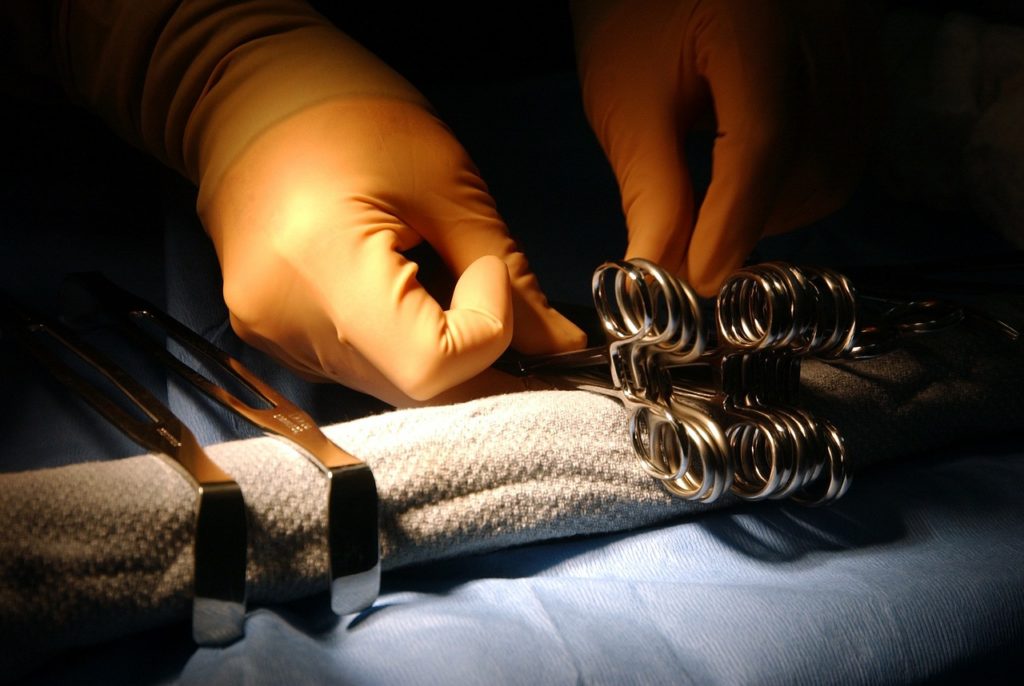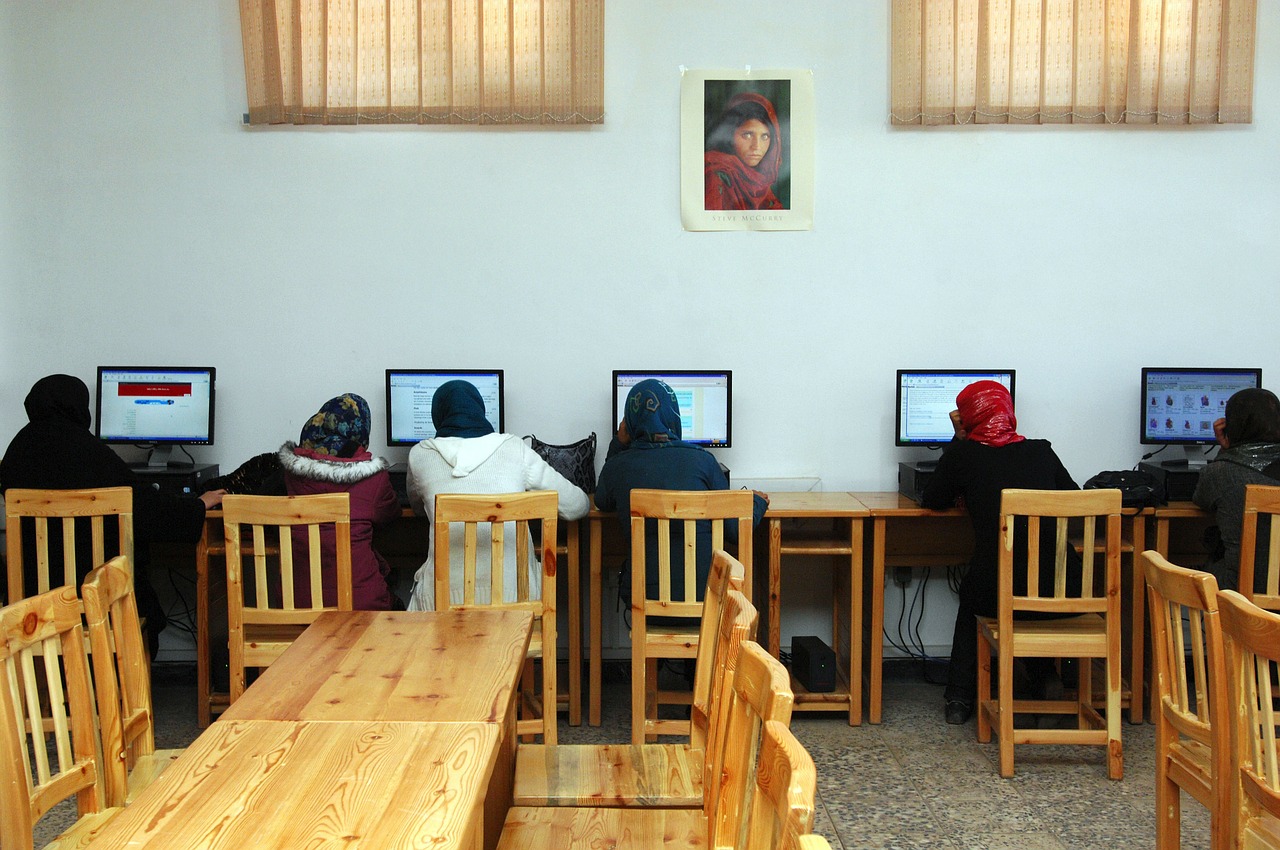It’s been a busy winter for the Bayat Foundation. Over the last few months, Afghanistan’s largest private philanthropic organization has been hard at work on a number of different projects.
All the projects seek to fulfill the Foundation’s mission to deliver hope and support to some of the country’s most vulnerable people. These recent activities include:
A New Partnership with Plasticos Foundation
In December 2018, the Bayat Foundation announced that it had entered talks with Plasticos Foundation about future surgical training and treatment missions in Afghanistan. A non-profit, volunteer-run organization, Plasticos Foundation is dedicated to improving lives all around the world through reconstructive plastic surgery.
Plasticos Foundation provides free reconstructive surgery to people (primarily children) affected by burns, traumatic injuries, and congenital deformities. The Foundation also offers medical training and specialized education to doctors in developing nations, thus building local capacity for surgical intervention.

Initial discussions between the Bayat Foundation and Plasticos Foundation focused on the development of an integrated training program for Afghan medical staff. Programs would potentially be available for doctors, nurses, and other professionals.
The goal of this training would be to enhance Afghanistan’s ability to treat severe burns and physical injuries internally. This would be accomplished by improving Afghan medical professionals’ restorative and reconstructive surgical skills.
In addition to holding initial talks about how best to develop such a program, senior officials from the Bayat Foundation and Plasticos Foundation conducted an intensive three-day assessment of Afghan hospitals. Members of the assessment team included Dr. Sami Rahimi, the Bayat Foundation’s director of health initiatives; two VPs from the Bayat Group; Dr. Larry Nichter, the founder of Plasticos Foundation; and two other Plasticos Foundation doctors.
The assessment team toured the pediatric burn unit at Indira Gandhi Hospital in Kabul. There, team members were given detailed briefings from senior medical staff on treatment procedures. Additionally, the team toured the adult burn unit at Istaqal Hospital, also in Kabul.
The team was then received at the Afghan Ministry of Health. Extensive talks on the state of the Afghan health system were held with Afghan Minister of Health H.E. Ferozuddin Feroz.
Interviewed after the hospital assessment process, Dr. Larry Nichter described the experience as both informative and emotionally moving. He talked about the clear role that Plasticos Foundation could play in helping build Afghanistan’s surgical capabilities. He said he was looking forward to the first training and treatment mission.
At the conclusion of the visit, Plasticos provided the two Kabul hospitals with access to the Digital Medical Library from the Global HELP organization. This free, open access medical library is focused on children’s health. It works to connect underserved communities with the relevant healthcare information they need to help themselves.
A New Business Networking and Acceleration Program for Afghan Entrepreneurs
One of the most critical elements that will help ensure a stable and prosperous economic future for Afghanistan is a thriving private sector. However, the business environment in the country is still somewhat precarious. As a result, many aspiring entrepreneurs need a bit of extra support to get their ideas off the ground.
This is where the Bright Future Business Accelerator comes in. It is Afghanistan’s first networking and business development program geared towards young Afghan entrepreneurs.

The Business Accelerator is an initiative of Bright Future Afghanistan. This is a consortium of four leading non-profits working in Afghanistan, including the Bayat Foundation and the Dutch humanitarian organization Cordaid.
The mission of the Business Accelerator program is to provide business education, skills training, and support to Afghan entrepreneurs, and to bring business owners together with potential investors, Afghan government representatives, and Afghanistan-based NGOs.
Ultimately, the program aims to help develop and sustain a vibrant network of small and medium-sized enterprises (SMEs). This will help create millions of jobs in Afghanistan and accelerate the country’s economic development.
The Bright Future Business Accelerator was launched at a special event in Kabul in December 2018. It was attended by the owners of 20 Afghan SMEs, as well as microfinance executives, Afghan government officials, and NGO leaders.
The event featured a welcome address from Cordaid representative Jaap Van Hierden, networking sessions, and information panels on financing programs and Afghan government licensing procedures. The event was praised by attendees as a critical first step in helping set Afghan entrepreneurs on the path to success.
The 2019 Winter Aid Program
In January 2019, the Bayat Foundation marked the successful completion of its 12th annual Winter Aid program. An important part of the Foundation’s family assistance activities, the Winter Aid program provides emergency food and desperately needed winter clothing to thousands of vulnerable Afghans in Kabul and surrounding regions.
This year, in addition to warm jackets and other cold weather essentials, the program distributed more than 150,000 pre-packaged, easily-prepared meals to Afghan families in need. To ensure that the assistance reached as many people as possible, the Bayat Foundation’s chairman Dr. Ehsan Bayat led a dedicated distribution team. The team consisted of Bayat Foundation staff members and volunteers from local mosques and community organizations.

